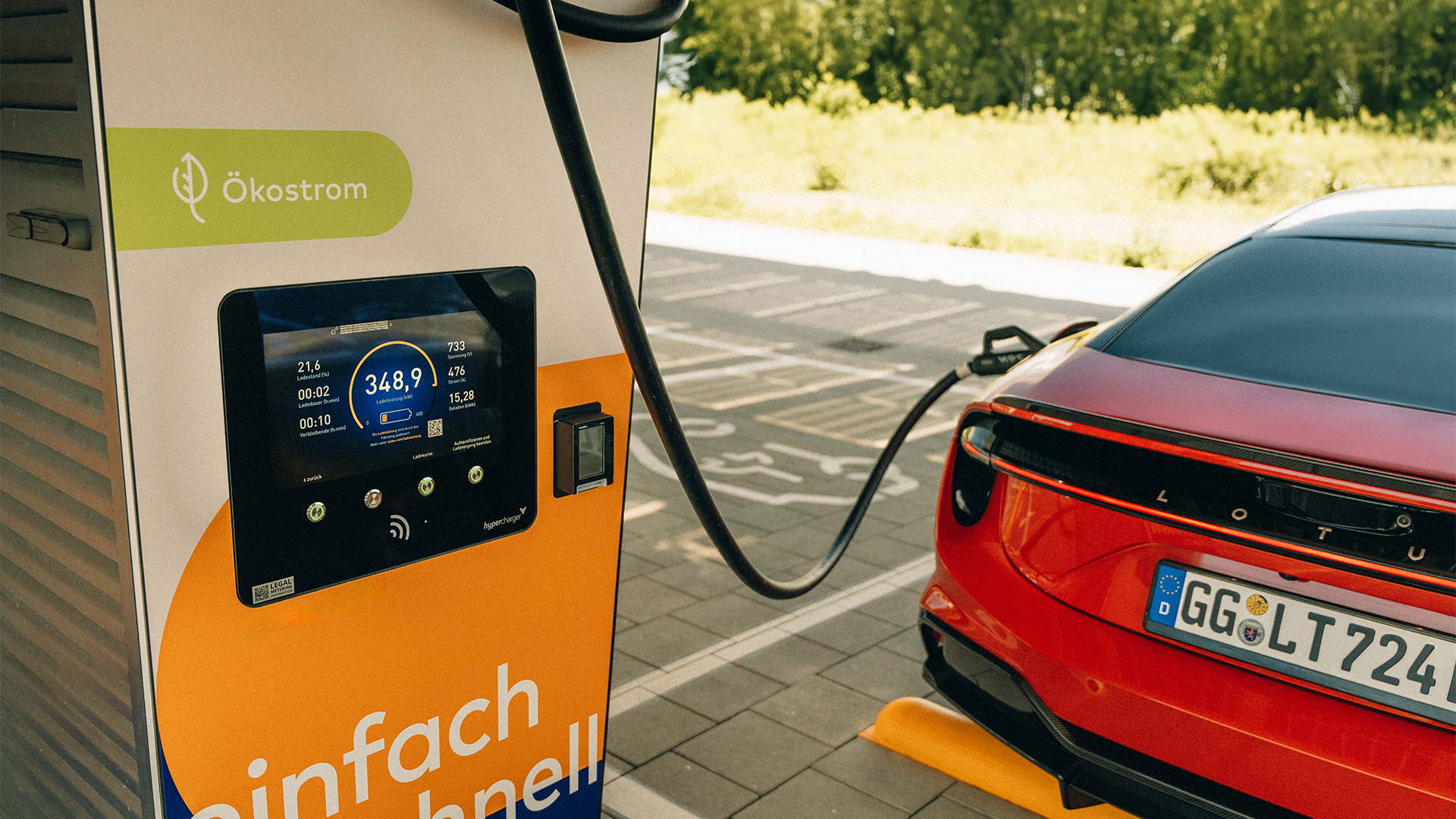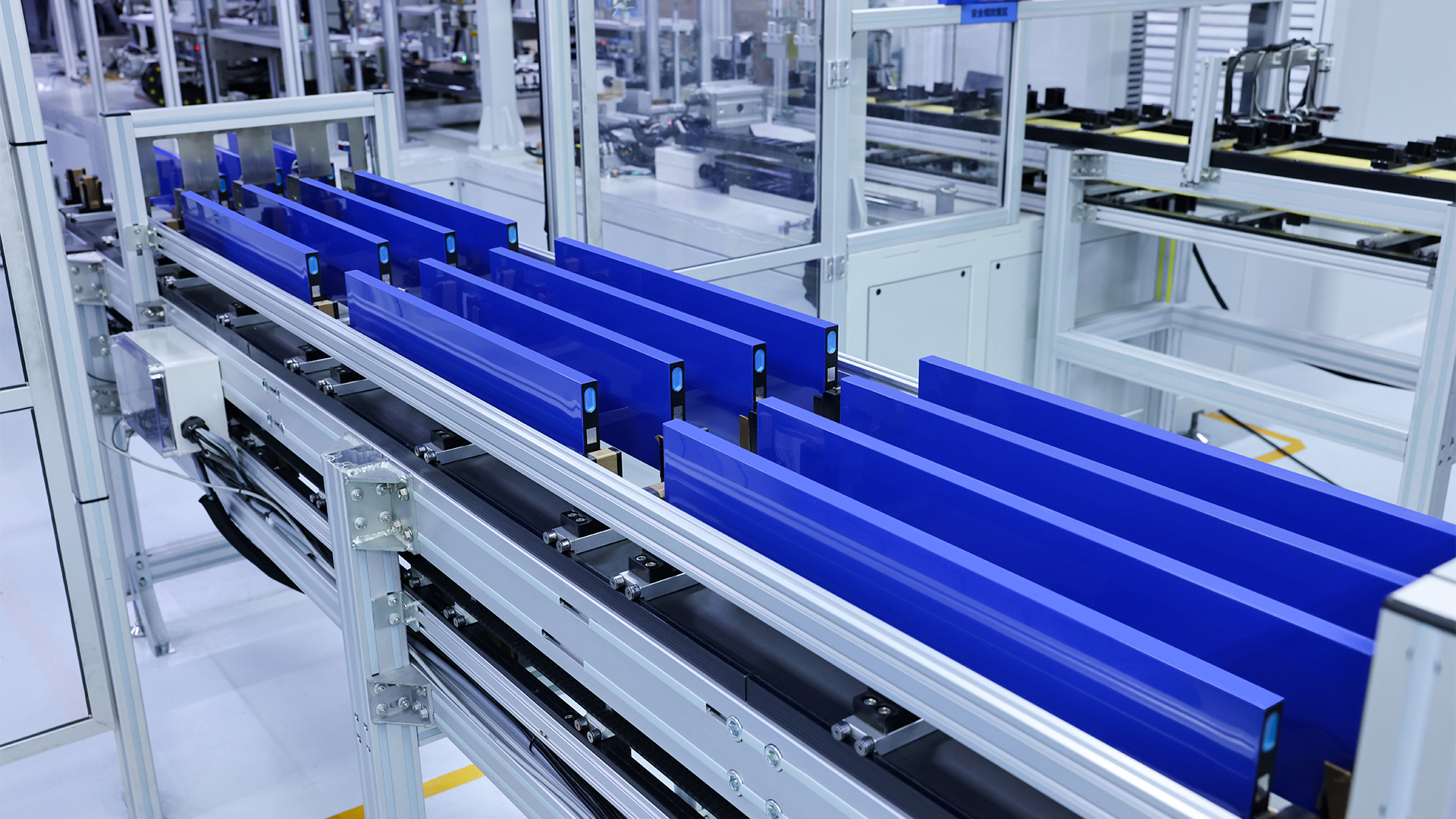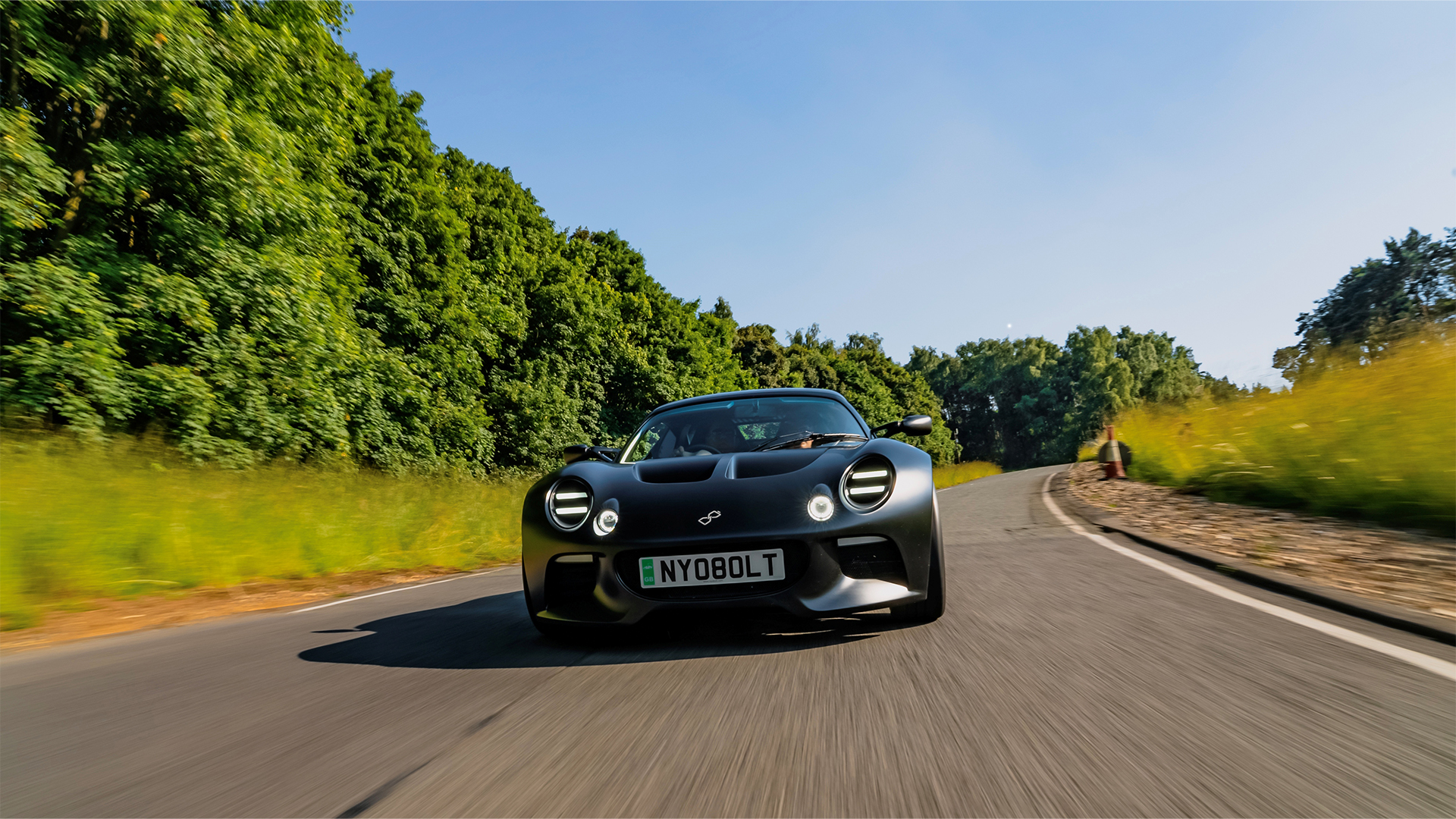EV batteries get a boost with next-gen packs that charge in under five minutes and last for 50 years
New tech from Geely and Nyobolt could solve many EV headaches

Sign up for breaking news, reviews, opinion, top tech deals, and more.
You are now subscribed
Your newsletter sign-up was successful
Geely has just announced new self-developed battery technology that it says can achieve 3,500 charging cycles, which is the equivalent of charging and driving for one million kilometers (621,372 miles) with minimal impact to battery performance.
Dubbed Short Blade in reference to its slender and shorter packaging, the next generation of automotive packs are said to last for 50 years, based on a family driving 20,000 kilometers (around 12,500 miles) a year.
This significantly improves the shelf life of today’s electric vehicles and, as Geely puts it, improves the residual values of second hand EVs.
The Chinese company, which also owns Volvo and a number of EV brands, says the new Short Blade technology makes it easier for lithium ions to travel between electrodes, improving longevity of the packs and improving fast-charging performance.
Tests show that the average 10 to 80 per cent charge time for the Short Blade packs is 17 minutes 4 seconds, compared to the 26 minutes of existing Long Blade battery packs.

Plus, Geely has proven that in extremely cold environments, the new EV battery tech has strong discharge capacity and longer driving range than existing Long Blade options.
In ambient temperatures of -30C, the capacity retention rate of Long Blade battery on average fell to 78.96 per cent, while the new Short Blade retains 90.54 per cent, according to the company.
Sign up for breaking news, reviews, opinion, top tech deals, and more.
To ensure robustness, Geely has also introduced what is calls Self-Fusing technology on the electrode surfaces to block short circuits in event of accidents. That means if it is punctured, an aluminum foil layer will fuse into the battery diaphragm to create an insulating layer, preventing short circuits and eventual combustion.
During testing, Geely fired a 5.8mm infantry rifle bullet at the pack with no 'thermal ignition events'.
The news comes as Nyobolt, a British engineering firm specializing in ultra-fast charging EV technology, announced that its Nyobolt EV pre-production vehicle is capable of topping up its 35kWh battery packs from 10 to 80 per cent in just over four and a half minutes.
Following on from a decade of research led by University of Cambridge, Nyobolt says its battery technology is capable of multiple fast-charging without damaging the cells or affecting their overall longevity.
A new era for EV battery technology?

Neither Geely or Nyobolt have announced timelines for production or costs associated with their respective next generation battery technology, although it is highly likely Geely will reserve its tech for some of its premium brands, including future models from Lotus, Volvo, Polestar and Zeekr.
As we pointed out with the Nyobolt EV announcement, the introduction of smaller, fast-charging battery packs could open up the market for lighter and more fun electric sports cars to hit the market.
The lack of range offered by a 35kWh battery pack, for example, won’t seem so bad if it’s possible to top up the pack in under five minutes – a figure that’s almost on par with traditional gasoline engine refills.
What’s more, Geely’s claims of a more robust and longer serving battery could have a massive impact on the residual values of electric vehicles, giving customers peace of mind that prices aren’t going to plummet after a couple of years of ownership thanks to market skepticism and often misinformed opinions on the performance of older battery packs.
With a staggering one million kilometer or 621,372-mile lifespan, the Short Blade battery technology will easy outlast the mechanical life of a typical car or van, meaning they can be recycled and reused.
This will massively reduce production costs for many manufacturers, ease the burden on natural resources and heavily reduce overall carbon emissions. Should we get to the point where this kind of battery technology is commonplace, it will be difficult to argue against making the switch to electric.
You might also like

Leon has been navigating a world where automotive and tech collide for almost 20 years, reporting on everything from in-car entertainment to robotised manufacturing plants. Currently, EVs are the focus of his attentions, but give it a few years and it will be electric vertical take-off and landing craft. Outside of work hours, he can be found tinkering with distinctly analogue motorcycles, because electric motors are no replacement for an old Honda inline four.